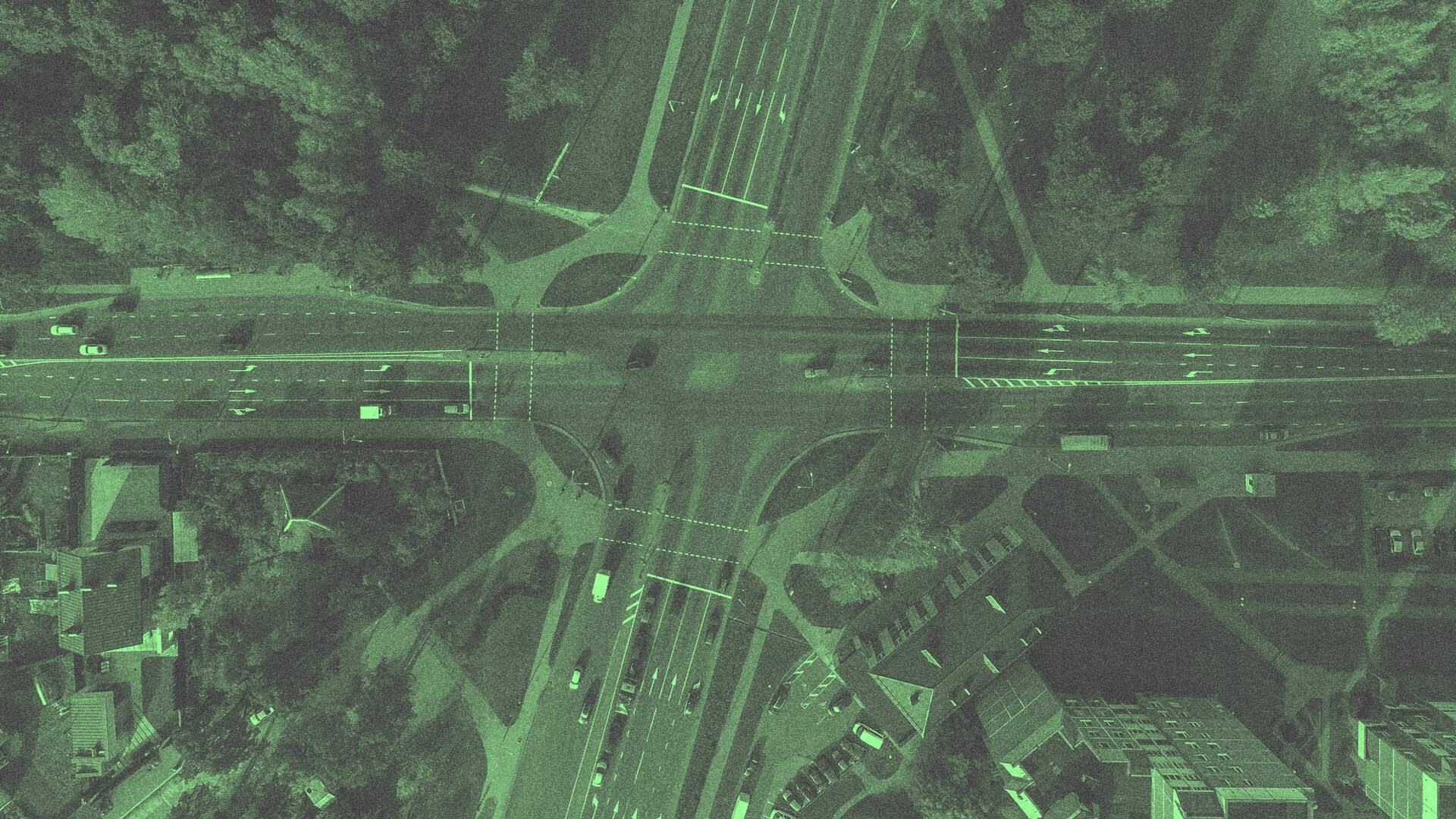What good is the right of way if you’re dead?

When my cousin and I were both 15 and learning to drive, I remember his dad (my uncle) saying something that stuck with me. He was talking about waiting to make sure other cars do what they’re supposed to do before you hit the gas, assuming that they’ll do what they’re supposed to do.
The memory goes like this: My cousin was driving, stopped at a 4-way intersection. A car was coming on the cross street. He had completed his stop, so he started going, but the car didn’t look like it was going to stop. So my uncle said, wait! My cousin slammed on the brakes and sure enough – the other car didn’t stop. They drove by like their stop sign didn’t exist.
Immediately, my cousin and I were saying things like, “that guy had a stop sign!” And “he was supposed to stop!” And my cousin of course added: “that wasn’t my fault, I had the right of way!”
The right of way…
After we calmed down, I remember my uncle just looking at us for a beat. And then he said: What good is the right of way if you’re dead?
That’s stuck with me ever since. He was saying his son and I could be right, but he’d rather us be alive.
This is on my mind because the other day I was having a similar conversation with one of my sons. The difference was that we weren’t driving, and he wasn’t in any physical danger. But the principle was the same.
He was struggling, as we all do, with letting go of some things – perceived slights against him, perpetrated by his other two brothers. I could tell he was warring with hurt and anger in his heart. He was saying things like…
“He’s not supposed to do that!”
“If they would stop being annoying, I wouldn’t be mad.”
And, “He’s said worse things to me than what I just said to him.”
And the issue was that he was absolutely in the right. He had the “right of way,” so to speak.
So I let him have a beat. It was just he and I in his room. And then I said, “You’re right. But what good is being right when you’re in so much pain?”
I told him I’d take care of what his brothers did (much of which had happened long before and had already been apologized for), but my main concern was what all that bitterness was doing to his heart. I didn’t want him to let anger, bitterness, and resentment destroy him, just because he was…right.
I didn’t want him to give his peace away.
Jesus spoke directly into moments like this: "Blessed are the peacemakers, for they shall be called sons of God." (Matthew 5:9). Not “blessed are those who are proven right” or “justified in their anger.” Jesus consistently valued relationships over being right.
What about Proverbs 19:11? "Good sense makes one slow to anger, and it is his glory to overlook an offense." Just because we can cling to offense doesn’t mean we should, especially when it’s our own heart that pays the price.
And then there’s the mic-drop moment when Jesus rebuked religious leaders who strictly followed the letter of the law but missed its heart: "Woe to you, scribes and Pharisees, hypocrites! For you tithe mint and dill and cumin, and have neglected the weightier matters of the law: justice and mercy and faithfulness…" (Matthew 23:23)
Being technically right or self-righteous can blind us to the deeper, more healing truths of mercy and grace.
And, as your pastor, I want you to be healed. I pray for you constantly – that you would be alive. That the death and decay of bitterness and offense would not take root in your heart and “defile many” like Hebrews 12 warns.
I pray that you would not give your peace away.
So maybe today you're holding onto something – hurt, anger, bitterness – because you're right.
Here’s the invitation: don’t sacrifice your peace for a hollow victory. Choose instead to release your "right of way" so that you can hold on to peace instead of pain.
Because ultimately, being right won’t heal your heart.
Only laying everything in your heart down before Jesus can do that.

